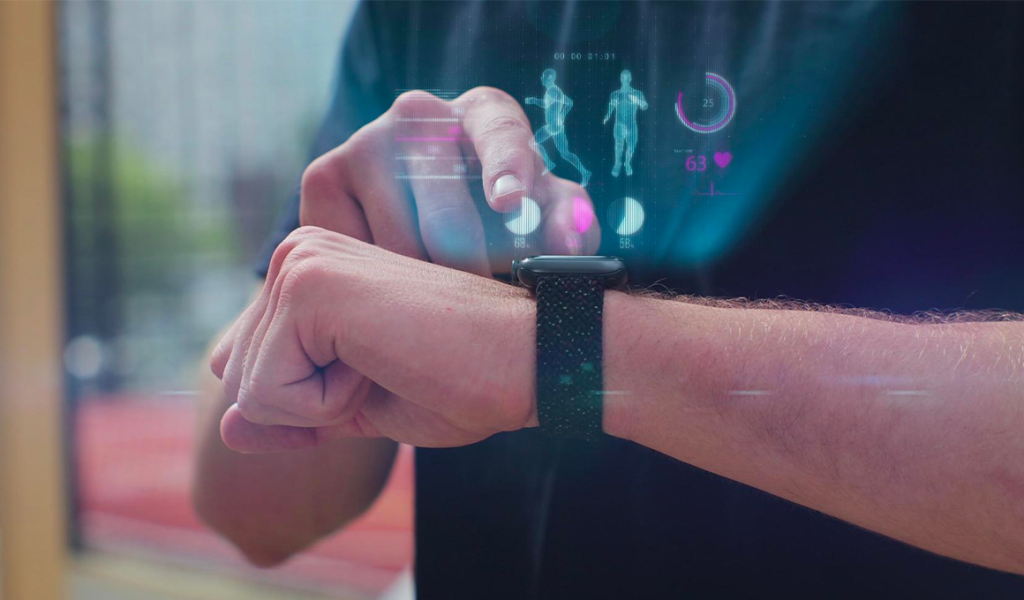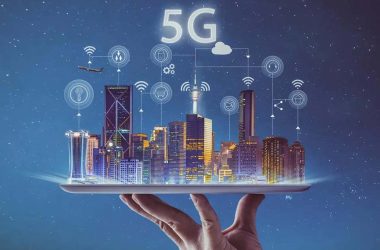In the ever-evolving technological innovation landscape, wearable tech has emerged as a transformative force, particularly in health monitoring. These sophisticated devices have evolved into comprehensive health companions, no longer confined to mere fitness trackers, promising a future where proactive health management becomes the norm. Let's delve into the intricate world of wearable tech and explore how it is shaping the future of health monitoring.
The Evolution Of Wearable Technology:
Wearable technology has undergone a remarkable metamorphosis over the years. What started as basic pedometers and heart rate monitors has evolved into an extensive array of devices equipped with advanced sensors and artificial intelligence. Modern wearables track physical activity and monitor vital signs, sleep patterns, and even real-time feedback on overall health.

Comprehensive Health Monitoring:
The latest generation of wearables goes beyond counting steps and calories. These devices are equipped with sensors capable of monitoring various health metrics. Heart rate, blood pressure, body temperature, and even electrocardiograms (ECGs) are now within the grasp of the average user, empowering individuals to take charge of their health in ways that were once reserved for clinical settings.
Smartwatches as Health Hubs:
Smartwatches have emerged as central players in the wearable tech ecosystem. Smartwatches have become indispensable tools for health-conscious individuals with features like continuous heart rate monitoring, GPS tracking, and the ability to receive notifications. Some devices are even equipped with fall detection and emergency SOS functions, adding an extra layer of safety for users, especially the elderly.
Remote Patient Monitoring:
Wearable tech is revolutionizing healthcare by enabling remote patient monitoring. Patients with chronic conditions can now be monitored in real-time, allowing healthcare providers to intervene promptly in case of anomalies. This improves patient outcomes and reduces the burden on healthcare systems by minimizing hospital visits.
Sleep Tracking for Holistic Well-being:
Recognizing the importance of sleep in overall health, many wearables now come with advanced sleep-tracking features. These devices analyze sleep patterns, providing insights into sleep quality, duration, and disturbances. Users can leverage this information to adjust their lifestyle, promoting better sleep hygiene and overall well-being.
Challenges and Considerations:
While wearable tech holds immense promise, it has challenges. Issues such as data security, accuracy of health metrics, and user privacy must be addressed. Additionally, integrating wearable data into existing healthcare systems poses logistical challenges that need careful consideration.
The Future Horizon:
As technology advances, the future of health monitoring through wearable tech looks exceedingly bright. Artificial intelligence and machine learning algorithms are expected to enhance the predictive capabilities of wearables, enabling early detection of health issues. Moreover, integrating biometric sensors and continuous glucose monitoring may further expand the scope of wearable devices.
Conclusion:
Wearable tech has transcended its initial role as a novelty gadget to become an integral component of proactive health management. The convergence of cutting-edge sensors, connectivity, and artificial intelligence has created a new era where individuals can actively monitor and improve their health. As wearable technology continues to evolve, it promises to redefine the healthcare landscape, fostering a future where personalized, data-driven health insights are readily accessible to all. Wearables are not just accessories; they are the vanguard of a health revolution, heralding a future where every step, heartbeat, and moment of rest contributes to a healthier, more informed life.









